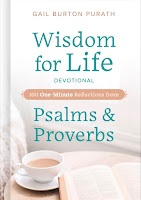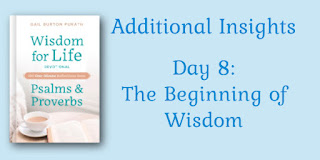Say it often enough and people will eventually believe it. This is a scientifically proven fact (ABC News).
Even among Christians, repeated errors are eventually accepted as truth. One notorious example is Proverbs 23:7, highly popular among self-esteem advocates.
Whole doctrines are based on these words: “As a man thinketh in his heart, so is he.”
This phrase is often used to claim that our thoughts about ourselves determine who we become. Therefore, we should think highly of ourselves. But to have this meaning, this verse must be:
- cut in half
- taken out of context
- quoted only in KJV
In reality, Proverbs 23:6-7 is speaking about the thoughts of a stingy person and has nothing to do with who we become. This is the NIV translation:
“Do not eat the food of a begrudging host, do not crave his delicacies; for he is the kind of person who is always thinking about the cost. ‘Eat and drink,’ he says to you, but his heart is not with you.” See these verses in five other translations at the bottom, including the KJV in context.
Feelings of inferiority or superiority are based on false views of self. They don't change the facts.
I might think I'm another C.S. Lewis,* but that doesn't make me one.
It's so important to check out popular Christian teachings, making sure they're accurate and in context (Colossians 2:8). This is especially true when a single phrase is used to create a doctrine. Perhaps the worst and most popular example is the way “Judge not” is taken out of the context of Matthew 7:1-5. (See Judging Biblically)
So let's check out popular teachings, dear Christians, and make sure phrases and verses are used in context.
For a more in-depth article on Proverbs 23:7, read "Do We Become What We Think?"
* BTW: I don't think I'm another C.S. Lewis! 😄
Proverbs 23:6-7 in other leading translations:
NLT: “Don’t eat with people who are stingy; don’t desire their delicacies. They are always thinking about how much it costs. ‘Eat and drink,’ they say, but they don’t mean it.”
KJV: “Eat thou not the bread of him that hath an evil eye, neither desire thou his dainty meats: for as he thinketh in his heart, so is he: Eat and drink, saith he to thee; but his heart is not with thee.”
NASB: “Do not eat the bread of a selfish person; or desire his delicacies; for as he thinks within himself, so he is. He says to you, ‘Eat and drink!’ But his heart is not with you.”
ESV: “Do not eat the bread of a man who is stingy; do not desire his delicacies, for he is like one who is inwardly calculating. ‘Eat and drink!’ he says to you, but his heart is not with you.”
AMP: “Do not eat the bread of a selfish man, or desire his delicacies; for as he thinks in his heart, so is he [in behavior—one who manipulates].
He says to you, ‘Eat and drink,’ yet his heart is not with you [but it is begrudging the cost].”
I encourage you to check out the Wisdom for Life Devotional. It contains 100 one-minute devotions to challenge, encourage, instruct, and inspire your love for God's Word: Wisdom for Life. Read the story behind Wisdom for Life HERE. And find out about the two free Bible studies with purchase HERE. You can read the first four devotions in the book by clicking "look inside" on Lifeway or Amazon.



























